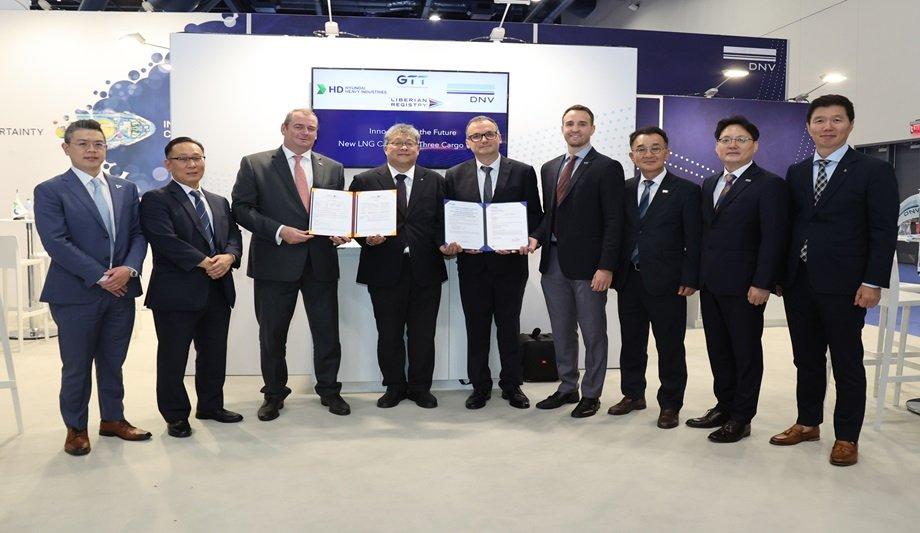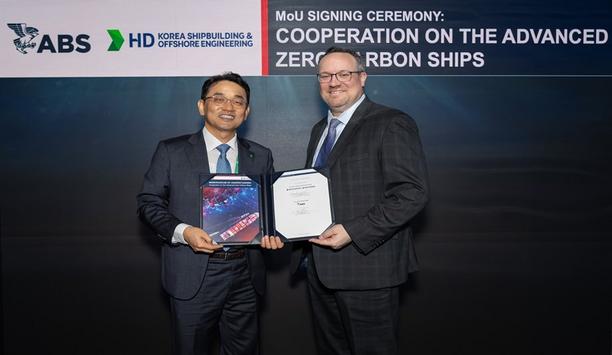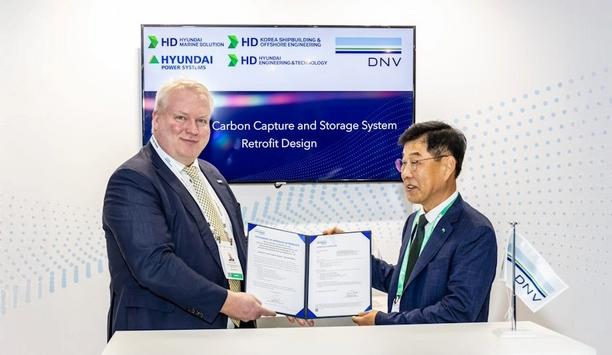DNV has granted a General Approval for Ship Application (GASA) to HD Hyundai Heavy Industries (HHI) for their new LNG carrier design.
The new design has been developed to offer enhanced cargo capacity, improved operational efficiency, and reduced maintenance costs.
Maximising cargo capacity
A key design innovation is a streamlined configuration with three instead of four cargo tanks. This is intended to maximise cargo capacity and reduce the number of pump towers and associated cryogenic equipment, such as liquid and gas domes, valves, and piping.
As a result, maintenance costs are expected to be minimised, offering substantial savings over the vessel’s operational life.
Profitability and operational efficiency
Jae Jun Jung, Head of the Initial Design Office, and Executive Vice President of HHI, stated, "The approved design leverages cutting-edge technology solutions aimed at enhancing profitability and operational efficiency."
Jae Jun Jung adds, "By expanding the application of proven technologies, HHI has successfully maximised cargo capacity, while maintaining the traditional hull design, ensuring vessels remain highly competitive."
Sustainable solutions
Vidar Dolonen, DNV’s Regional Manager for Korea and Japan, stated, "We are very pleased to be working with HHI to approve this design."
Vidar Dolonen adds, "The GASA reflects HHI's dedication to finding solutions that drive towards improved sustainability and efficiency and their commitment to delivering innovations that are built on the strongest expertise, rigorous class rules and the relevant industry standards."
Cost savings
Thomas Klenum, Executive Vice President of the Liberian International Ship & Corporate Registry, said, "This multi-stakeholder project demonstrates that international collaboration can pave the way for approval of innovative design solutions and thereby lead to improved efficiency and cost reduction."
Thomas Klenum adds, "Congratulations to HHI for this excellent achievement. The Liberian Registry is proud to have contributed to this successful project."
Decreased electricity consumption
In addition, HHI’s implementation of GTT's Mark III Flex technology can reduce the daily boil-off rate from 0.085% to 0.08%, which is anticipated to result in a decrease in electricity consumption of the cargo handling system, including the reliquefaction plant, thereby contributing to reducing OPEX.
Furthermore, it is expected that cargo unloading operation time will be unchanged by maintaining an arrangement of two cargo pumps with increased capacity per pump tower.













